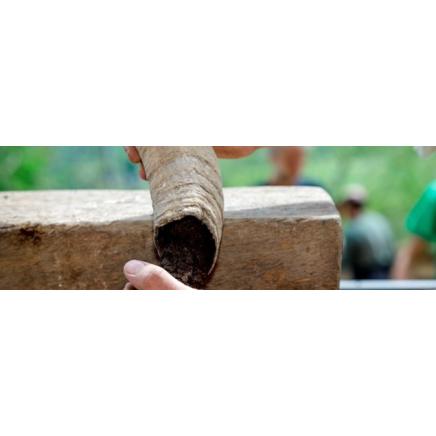Does biodynamic winegrowing produce better quality wines?

Does biodynamic winegrowing produce better quality wines?
article originally featured in Vitisphere Dec 24th 2020
Several producers tempted by biodynamic winegrowing in Anjou asked Philippe Chrétien of the French Institute of Vine and Wine (IFV) in Angers to assess the impact of biodynamics on the quality of the end wines. “I approached the county’s viticulture association and the Loire chamber of agriculture and we set up a trial plan to try to provide them with some answers”, explains Chrétien.With funding from the regional council and Interloire, the Biodynavin project got underway in 2016. The stakeholders observed the effects of using two biodynamic preparations in three organically farmed vineyards. Over three vintages, the technicians weighed the bearing wood, measured the growth of the shoot apexes, and took sterile samples from the clusters to study the yeast biodiversity on the grapes and then during spontaneous fermentation.
They also analysed the must and wines in 30-litre small-batch fermentations with added yeast. Chrétien is keen not to draw hasty conclusions, as the pandemic delayed processing of the data for the 2019 vintage, but he reveals that he did not notice any influence of the biodynamic preparations on vine growth or vigour.
However, adding 500 and 501 biodynamic preparations seems to have had an effect on the aromatic profile of the wines. Panel members tasted the wines blind in pairs and chose their preferred method. “In 2017, they found the wine from the biodynamically farmed vineyard to be of higher quality 4 times out of 6. For one combination, they were unable to separate the wines. They expressed a preference for the classic wine just once", explains Chrétien. Sensitive crystallisation produced the same results.


